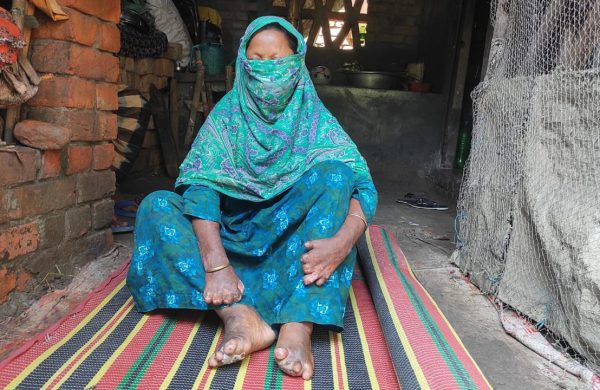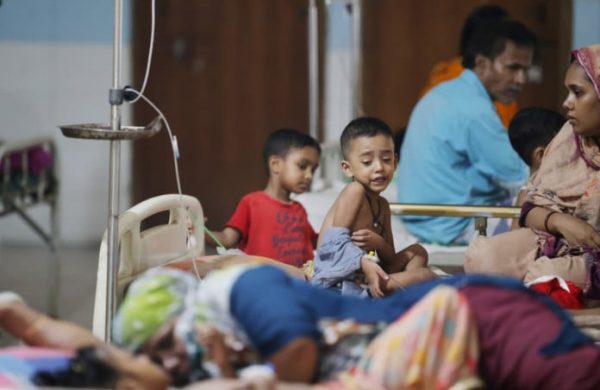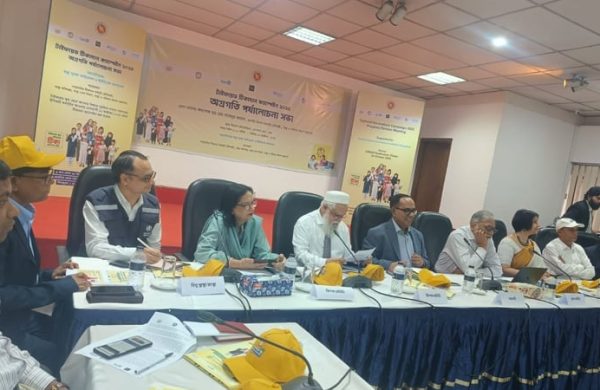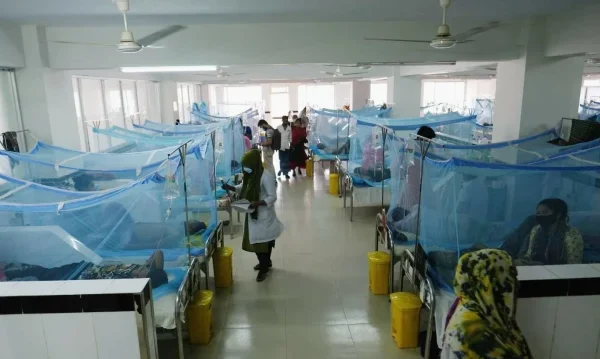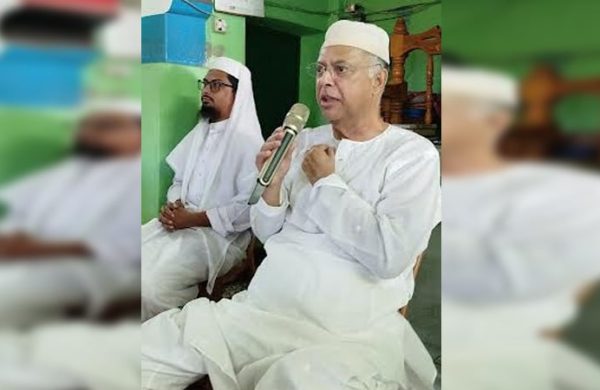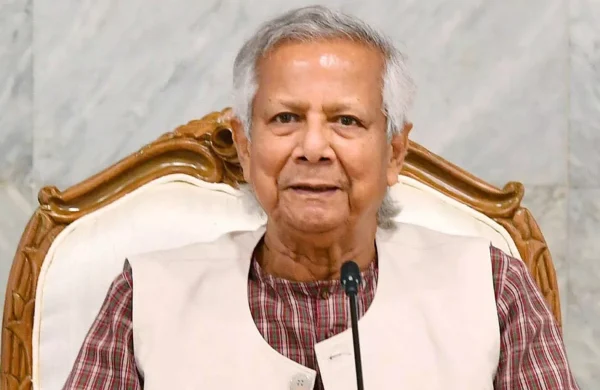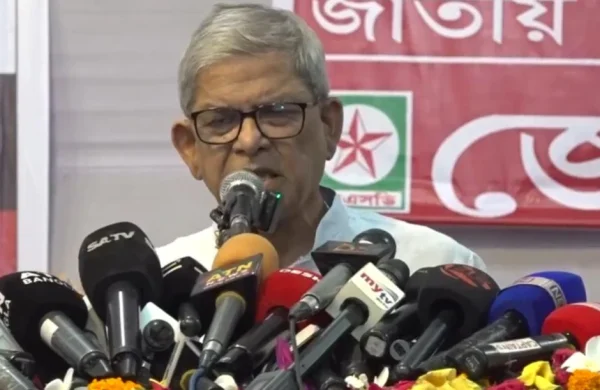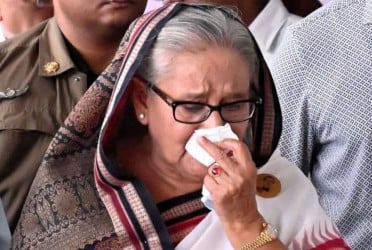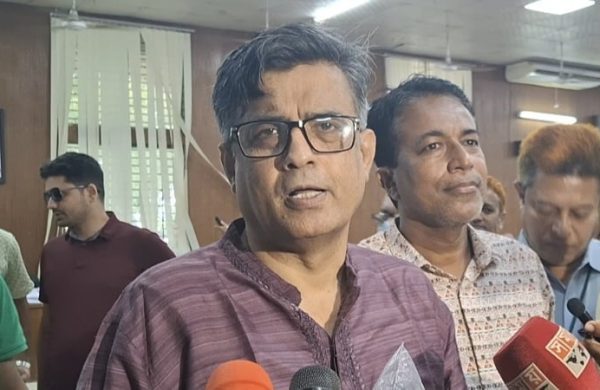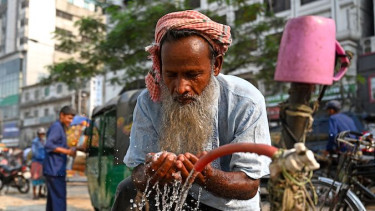Wide programs for hypertension control required
- Update Time : Monday, November 21, 2022
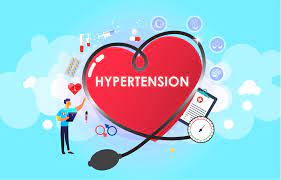
Swarnomoyee Mostafa Oishy:
According to the World Health Organization, 1.28 billion people suffer from high blood pressure worldwide and two-thirds of them live in low- and middle-income countries, including Bangladesh. One in every five adults in Bangladesh suffers from hypertension and most of them, half of the women (51%) and two-thirds of men (67%) are unaware that they have hypertension. It is a matter of concern that in recent times, prevalence of heart disease is being observed among the youth of the country.
Continuation of such prevalence of health conditions and premature deaths from hypertension in Bangladesh might makes it impossible to achieve the Sustainable Development Goal of reducing premature deaths from non-communicable diseases (NCDs) by one third within 2030 (SDG 3.4).
To deal with this situation, it is necessary to create public awareness about hypertension and ensure the availability of blood pressure measurement and hypertension medicines in all community clinics across the country and increase the government’s budget in this sector.
The Non-Communicable Disease Control Program (NCDC) under the Directorate General of Health Services (DGHS) of Ministry of Health and Family Welfare (MOHFW) and the National Heart Foundation of Bangladesh (NHFB) have been jointly implementing a project with support from US based organization Resolve to Save Lives (RTSL) to control hypertension since 2018.
They have been working in 54 upazilas of Sylhet, Dhaka, and Mymensingh divisions with the aim to strengthen hypertension screening, treatment, and follow up services.
Under this program, anti-hypertensive drugs are being given (prescription refilling) to patients from eight community clinics of four Upazilas (Beanibazar, Bishwanath, Golapganj and Fenchuganj) in Sylhet district on pilot basis.
By expanding this program nationwide, it is possible to prevent hypertension, a major risk factor for heart disease, stroke and heart attack. This hypertension control program in Bangladesh has been designed following the best practices in the world.
Dr. Tahmina Sultana, Director of Primary Health Care (PHC) and Integrated Thana Health Complex (ITHC) at the Director General of Health Services (DGHS) recently said that hypertension treatment is being provided in some community clinics which will be gradually spread across the country.
Dr. Masud Reza Kabir, Line Director of Community Based Health Care (CBHC) at Director General of Health Services (DGHS) said that hypertension treatment has already started at the community clinic level and it will be possible to expand this program in all community clinics across the country soon.
According to Bangladesh NCD Steps Survey, 2018’, less than one in every seven people has been able to keep their condition under control by taking medications. According to the data of Global Burden of Disease Study (GBD) 2019, hypertension is one of the three major reasons for death and disability in Bangladesh. Only 29% of healthcare facilities have trained workers.


